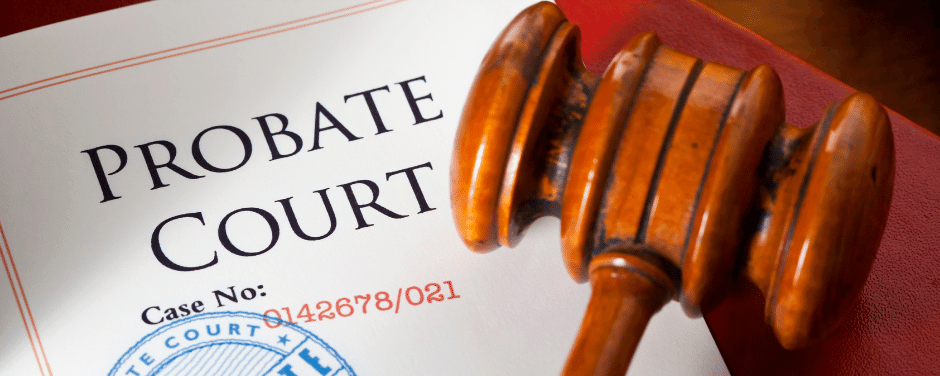At what age should someone start Estate Planning?
Estate planning is the process of organizing and managing one’s assets and property in order to ensure that they are distributed according to their wishes after they pass away. It is an important process that should be started as early as possible in order to ensure that one’s assets are protected and distributed in the way that they intended.
The age at which someone should start estate planning can vary depending on their individual circumstances.
However, it is generally recommended that individuals start estate planning as soon as they have assets and property that they wish to protect and distribute. This can include things like a home, savings accounts, investments, and other valuables.
One of the main reasons to start estate planning early is to ensure that one’s assets are protected in case of unexpected events such as illness or injury. By creating a will or trust, individuals can ensure that their assets are distributed according to their wishes, rather than being subject to the laws of intestacy, which dictate how assets are distributed when there is no will or trust in place. Additionally, estate planning can help to minimize taxes and legal fees, and can help to ensure that loved ones are taken care of in the event of an individual’s passing.
Another reason to start estate planning early is to ensure that one’s assets are distributed in a way that is most beneficial for their loved ones. This can include setting up trusts for children or beneficiaries with special needs, or creating a plan to ensure that assets are distributed in a way that is most beneficial for the individual’s family or charitable causes.
Additionally, estate planning can help to ensure that individuals are prepared for unexpected life events such as long-term care or disability. By creating a power of attorney and advanced healthcare directive, individuals can ensure that their healthcare and financial decisions are made by someone they trust in the event that they are unable to make these decisions themselves.
One important aspect of estate planning is to have a will or trust in place. A will is a legal document that outlines how an individual’s assets should be distributed after their death. It also allows the individual to name an executor to handle the distribution of assets. A trust is a legal entity that holds assets for the benefit of one or more beneficiaries. It can be used to minimize taxes, protect assets from creditors, and ensure that assets are distributed according to the individual’s wishes.
Another important aspect of estate planning is to have a power of attorney in place. A power of attorney is a legal document that allows an individual to name someone to make financial and healthcare decisions on their behalf in the event that they are unable to do so themselves. This can include things like managing bank accounts, paying bills, and making healthcare decisions.
Advanced healthcare directives are also an important aspect of estate planning. These are legal documents that outline an individual’s wishes for healthcare in the event that they are unable to make these decisions themselves. This can include things like end-of-life care, organ donation, and other healthcare decisions.
In summary, estate planning is an important process that should be started as early as possible in order to ensure that one’s assets are protected and distributed according to their wishes. It is recommended that individuals start estate planning as soon as they have assets and property that they wish to protect and distribute. This can include things like a home, savings accounts, investments, and other valuables. Additionally, estate planning can help to minimize taxes and legal fees, and can help to ensure that loved ones are taken care of in the event of an individual’s passing. It also allows individuals to have control over their healthcare and financial decisions in case they become incapacitated. With the help of an attorney, individuals can create a comprehensive estate plan that will ensure that their assets are protected and distributed according to their will.
Learn More







